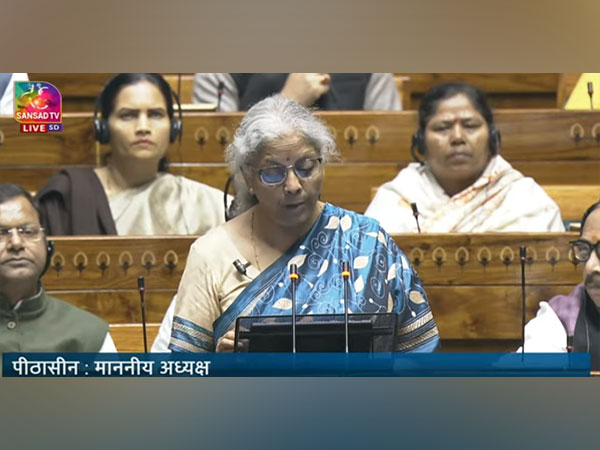Interim Budget made 'pronounced focus' on women and youths: Rights activists
The Ministry of Women and Child Development has been allocated Rs 26,000 crore in 2024-25, an increase of 2.52 per cent from the previous Budget.Mission Shakti the mission for protection and empowerment of women, with an objective to improve the accessibility and integrate all efforts and various government initiatives towards the safety and protection of women, as well as for securing their rights and entitlements, has been given Rs 3145.97 crore.Poonam Muttreja, executive director of the Population Foundation of India, praised the Budgets focus on the key demographic groups of youths and women.

- Country:
- India
From grassroots initiatives transforming rural landscapes to strategic investments addressing demographic shifts, the interim Budget has made a ''pronounced focus'' on women and youths, rights activists have said. The Ministry of Women and Child Development has been allocated Rs 26,000 crore in 2024-25, an increase of 2.52 per cent from the previous Budget.
Mission Shakti (the mission for protection and empowerment of women), with an objective to improve the accessibility and integrate all efforts and various government initiatives towards the safety and protection of women, as well as for securing their rights and entitlements, has been given Rs 3145.97 crore.
Poonam Muttreja, executive director of the Population Foundation of India, praised the Budget's focus on the key demographic groups of youths and women. Acknowledging the government's emphasis on ''GYAN'' -- Gareeb (poor), Yuva (youth), Annadata (farmers) and Nari (women) -- Muttreja stressed the need for adequate budget allocations in health and education for these groups. She welcomed the formation of a high-powered committee to address the population growth and demographic changes but urged a forward-looking approach to harness India's demographic advantage.
Muttreja highlighted the importance of strategic investments in the health, education, and developing skills of the young population, emphasising India's potential to become a source of human capital globally. She also called for preparations for an ageing population, urging investments in social and health infrastructure for a ''silver dividend.'' The budget's health-related announcements, such as additional medical colleges and initiatives for cervical cancer vaccination, were commended by Muttreja. However, she stressed the need for a life-cycle approach, particularly for women's health and empowerment.
Seema Bhaskaran, gender lead at Transform Rural India, said that with the clarion call ''Nari tu Narayani'', the Budget promises gender responsiveness. Recognising the NRLM programme for the inclusion of 10 crore women, it has enhanced outreach to three crore women as ''lakhpati'', she said. ''With an enhanced income, their identities undergo a transformation reducing the problem of violence. Women entrepreneurship, their access to skills, credit through Mudra loans, and markets have been key highlights, which is impressive. The focus would lead to economic empowerment and enhancing participation in work. The creation of assets on women's names through PMAY will enhance their status,'' Bhaskaran said. ''Emphasis can be laid on developing supportive structures for child care to enable women to take up entrepreneurship. Financial inclusion and streamlining procedures for credit access reduce structural barriers in entrepreneurship. Ensuring quality education in rural areas would ensure the retention of girl children. Substantive impact could be created through enhanced budgetary commitments for the translation of goals,'' she added.
Durga Nandini, co-founder of women's leadership organisation Nguvu Collective, appreciated the surge in girls' enrolment in STEM (science, technology, engineering and mathematics) education but highlighted the gender gap in STEM careers. Nandini urged the creation of enabling ecosystems for women to pursue STEM careers and become leaders in the field.
(This story has not been edited by Devdiscourse staff and is auto-generated from a syndicated feed.)
ALSO READ
UN Experts Call for Urgent Action to Stop Illicit Financing of Mercenaries, Citing Human Rights Violations and Links to Global Crime
India's 2024 Visionaries: Redefining Success and Impact
Centenarians Lead by Example in Maharashtra Assembly Elections
Determination at the Ballot Box: Centenarians Defy Odds to Vote
Pune's Democratic Festival: Centenarians and Young Voters Turn Out in Large Numbers










